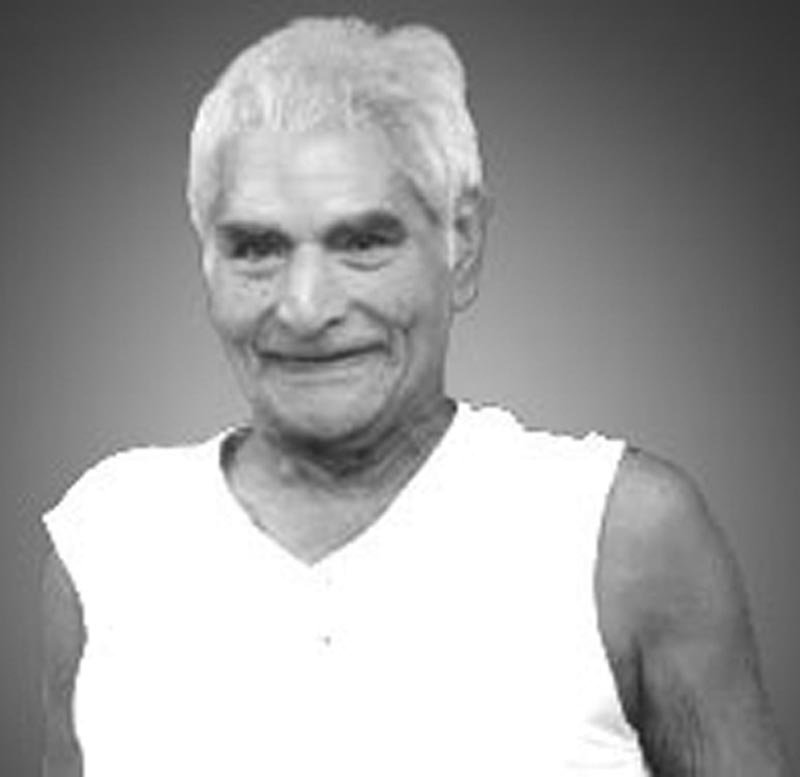
Muralidhar Devdas Amte, popularly known as Baba Amte, was born on 26 December, 1914 in Hinganghat, Wardha district in Maharashtra. He was the eldest son of his parents. His father was a wealthy Brahmin landowner of Wardha district, who owned over 450 acres of good cultivable land. The name ‘Baba’ was affectionately given by his parents. At a very young age, Baba Amte owned a gun and used to hunt wild boar and deer. Later, he went on to own an expensive sports car, cushioned with panther skin.
He studied Law and started a lucrative practice in Wardha, but was moved by distressed condition of the poor and downtrodden classes of society. Then he relinquished his ceremonial dress and started working with the rag-pickers and sweepers for sometime in Chandrapura district. Later, he resumed practicing but as a “defence lawyer” for the leaders imprisoned in the 1942 Quit India movement. Amte, like Vinoba Bhave was deeply influenced by the philosophy of Mahatma Gandhi. Amte was a constant follower of Gandhiji and practised various aspects of Gandhism for his entire life. In 1946, Baba Amte married Sadhana Guleshastri. She was also a believer of humanity and always supported Baba Amte in his social works. She was popularly known as Sadhnatai. ‘Tai’ in Marathi language means “elder sister”. After pursuing a leprosy orientation course at the Calcutta School of Tropical Medicine, Baba Amte set up 11 weekly clinics and started working for those struck by leprosy.
Later in 1951, Baba Amte was given 250 acres of land by the state government on which Amte founded the Anandvan ashram. Inside the ashram premises, two hospitals, a university, an orphanage and a school for the blind were opened.
In 1990, Baba Amte left Anandvan to join Medha Patkar’s Narmada Bachao Andolan (Save Narmada Movement). Baba wanted the youth to enlighten themselves with knowledge so that they can understand the meaning and importance of India’s freedom.
The work of Baba Amte, was unanimously praised by many national and international organizations. He was awarded with the United Nations Human Rights Prize, the Ramon Magsaysay award (1985), the Templeton Prize (1990), the Gandhi Peace Prize, and many other humanitarian and environmental prizes. The Ramon Magsaysay Award is often considered as the “Nobel Prize of Asia”.
In 2007, Baba Amte was diagnosed with leukemia. After suffering for more than a year, Amte left his mortal body on 9 February, 2008 at Anandvan.
Vocabulary
Owned—possessed
Praised—appreciated

